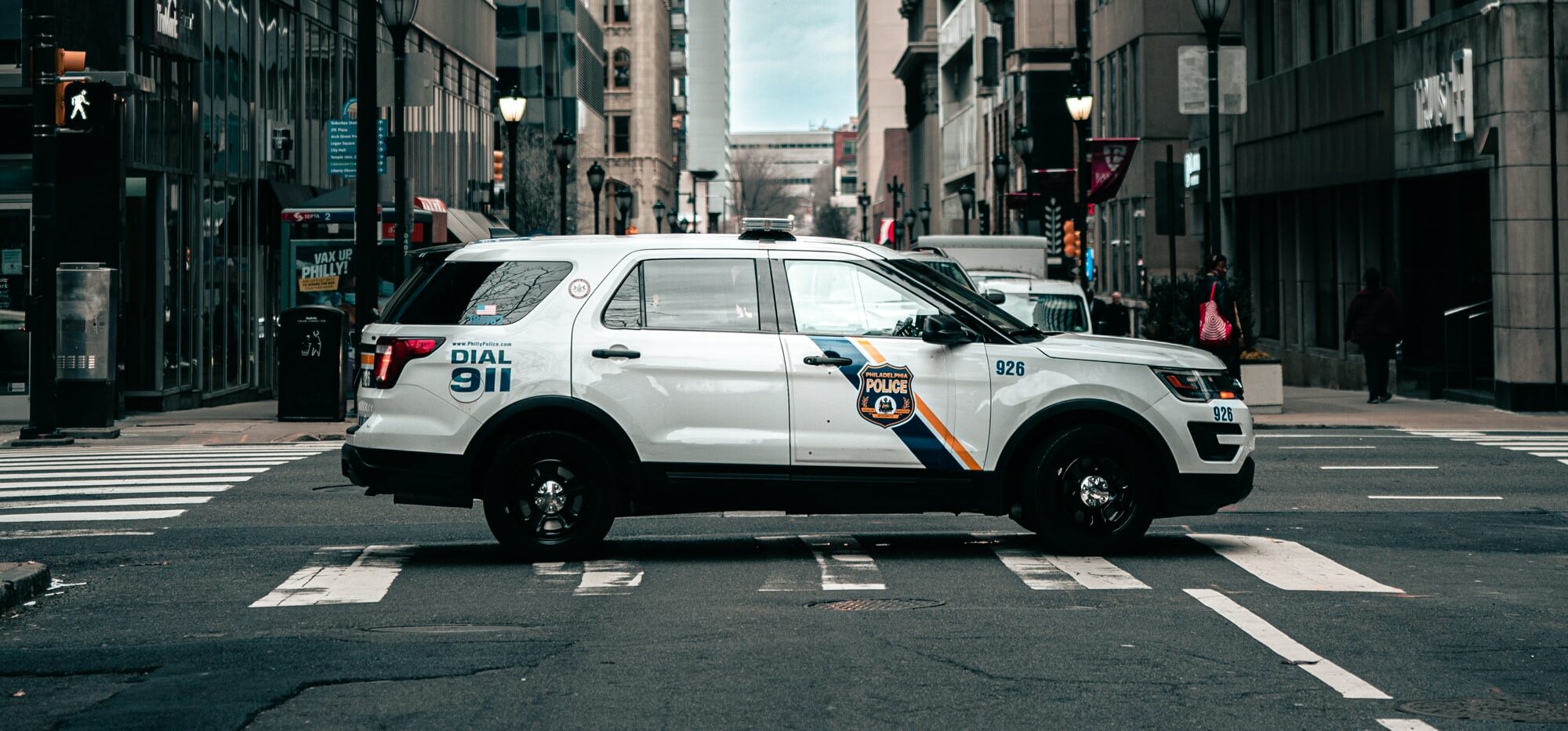In 2019, Philadelphia police narcotics officers sent confidential informants to buy drugs from a North Philadelphia house, then — based on the informants’ reports — issued an arrest warrant for a Defender client. In 2020, PAU filed a motion arguing that the case relied on false information, and that it was part of a pattern of misconduct that calls into question any testimony by narcotics officers.
As reported by the Philadelphia Inquirer, the motion documented numerous incidents of misconduct within the Narcotics Bureau, many of which had not previously been reported. Per PAU Attorney Michael Mellon, “It’s our position there are hundreds of cases they will need to reverse. The recent history of misconduct by numerous members of the Narcotics Unit, including its supervisors, supports the argument that any determinations by the court must be made by examining the record of the unit as a whole and not in a vacuum.”












